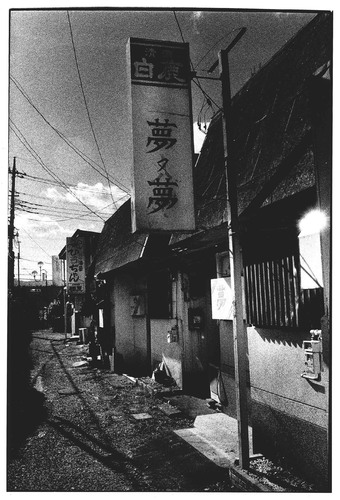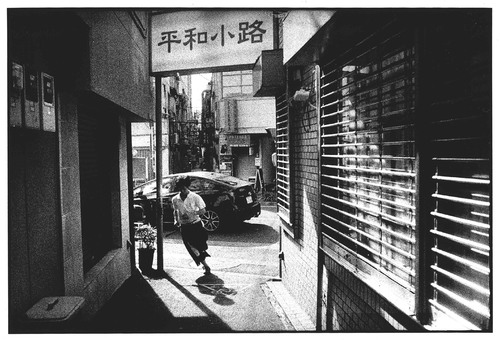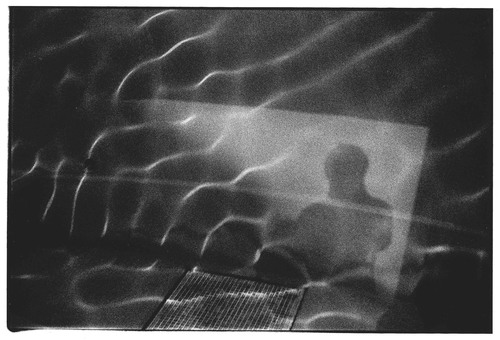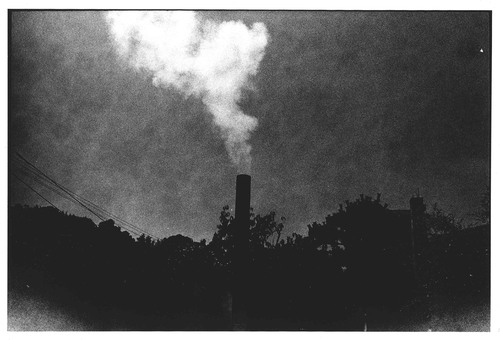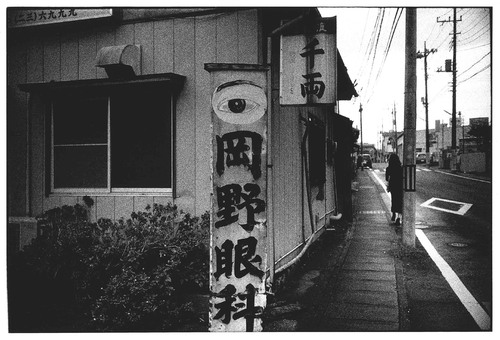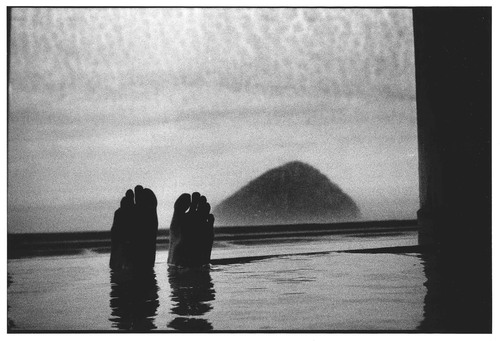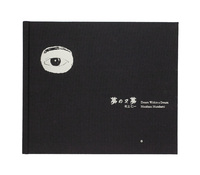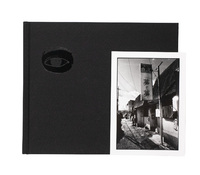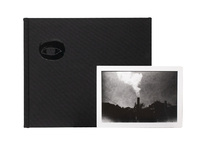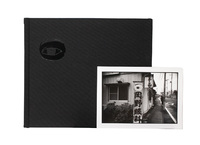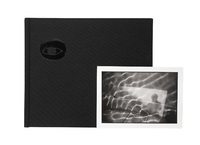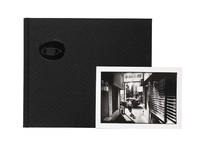Masakazu Murakami “Dream Within a Dream”
Zen Foto Gallery is pleased to present a solo exhibition ”Dream Within a Dream,” by photographer Masakazu Murakami, from Thursday, January 29 to Saturday, March 14, 2026. This marks the artist's first exhibition at Zen Foto Gallery and commemorates the release of his latest photobook published by the gallery in October 2025. The exhibition features 26 carefully selected works from his collection of negatives spanning 25 years since around 2000, and represents the series’ debut.
Peculiar signboards, drifting gazes, the sky above, streams of sunlight and the silhouettes it reveals...
As if one were sinking beneath water, with blurred vision and muffled hearing, the experience while looking at these photos evokes the curious sensation of peering into someone else's daydream.
During the exhibition, on Saturday, February 7, a talk event with photographer John Sypal will be held.
“I can hardly remember when and where the photographs were taken. Together with the negative films that I never reviewed, they remained submerged in my memory. Perhaps these photographs, taken half-unconsciously without any intention, offer a glimpse of something similar to the boundary between dream and reality.”
― from Masakazu Murakami’s afterword
